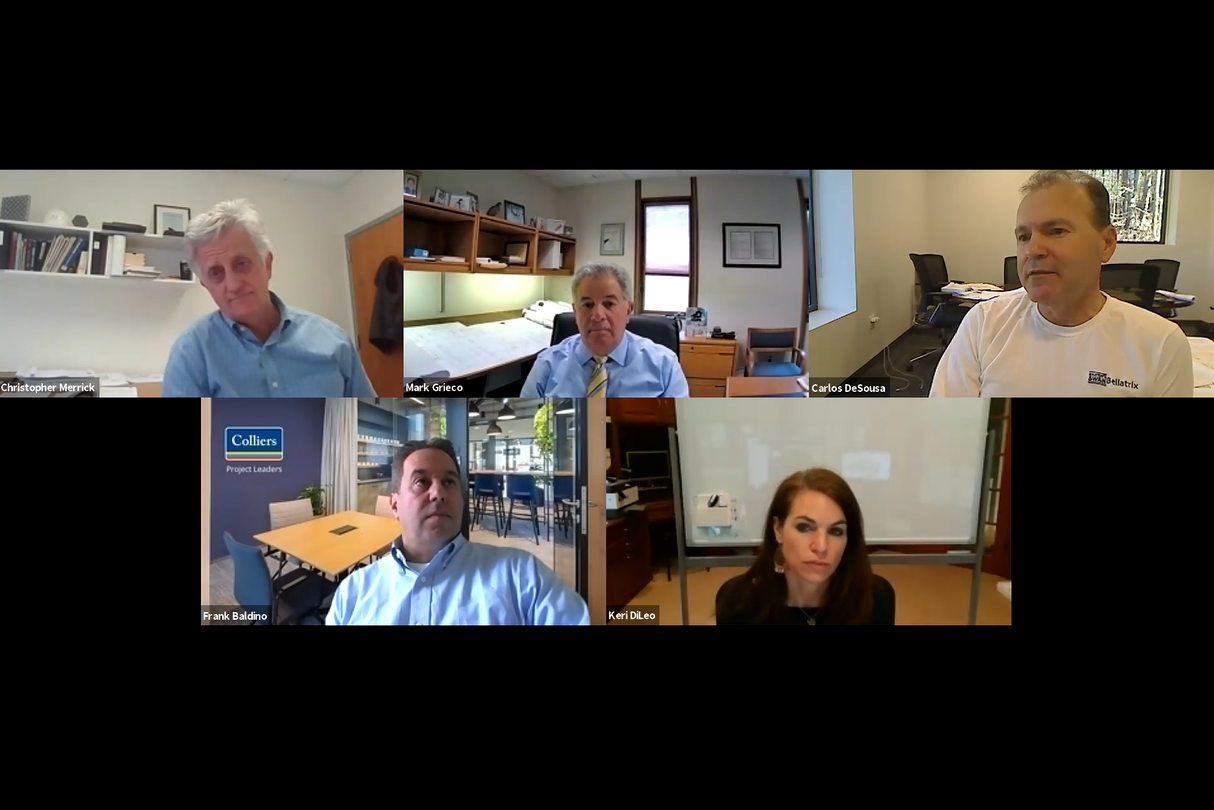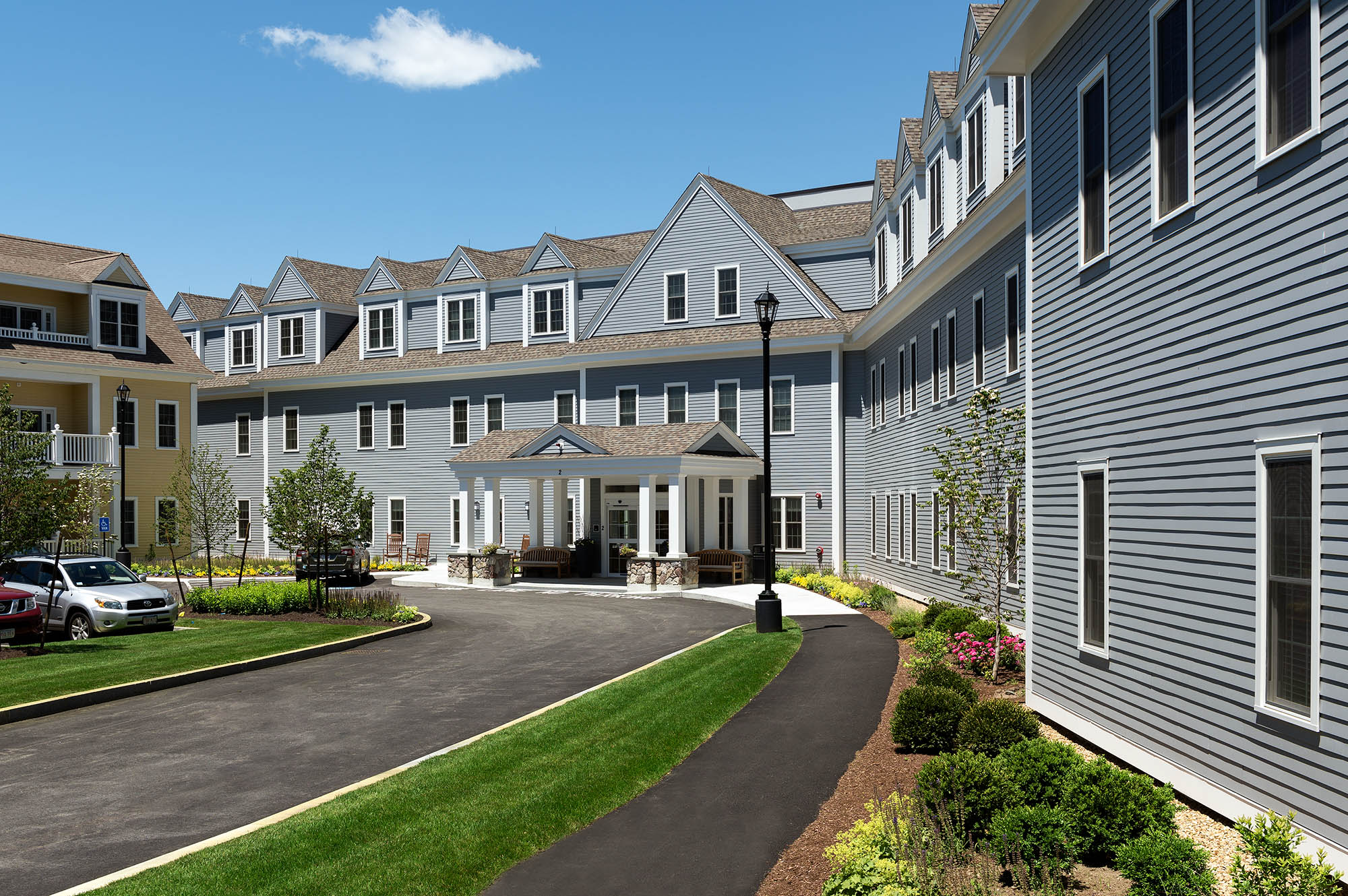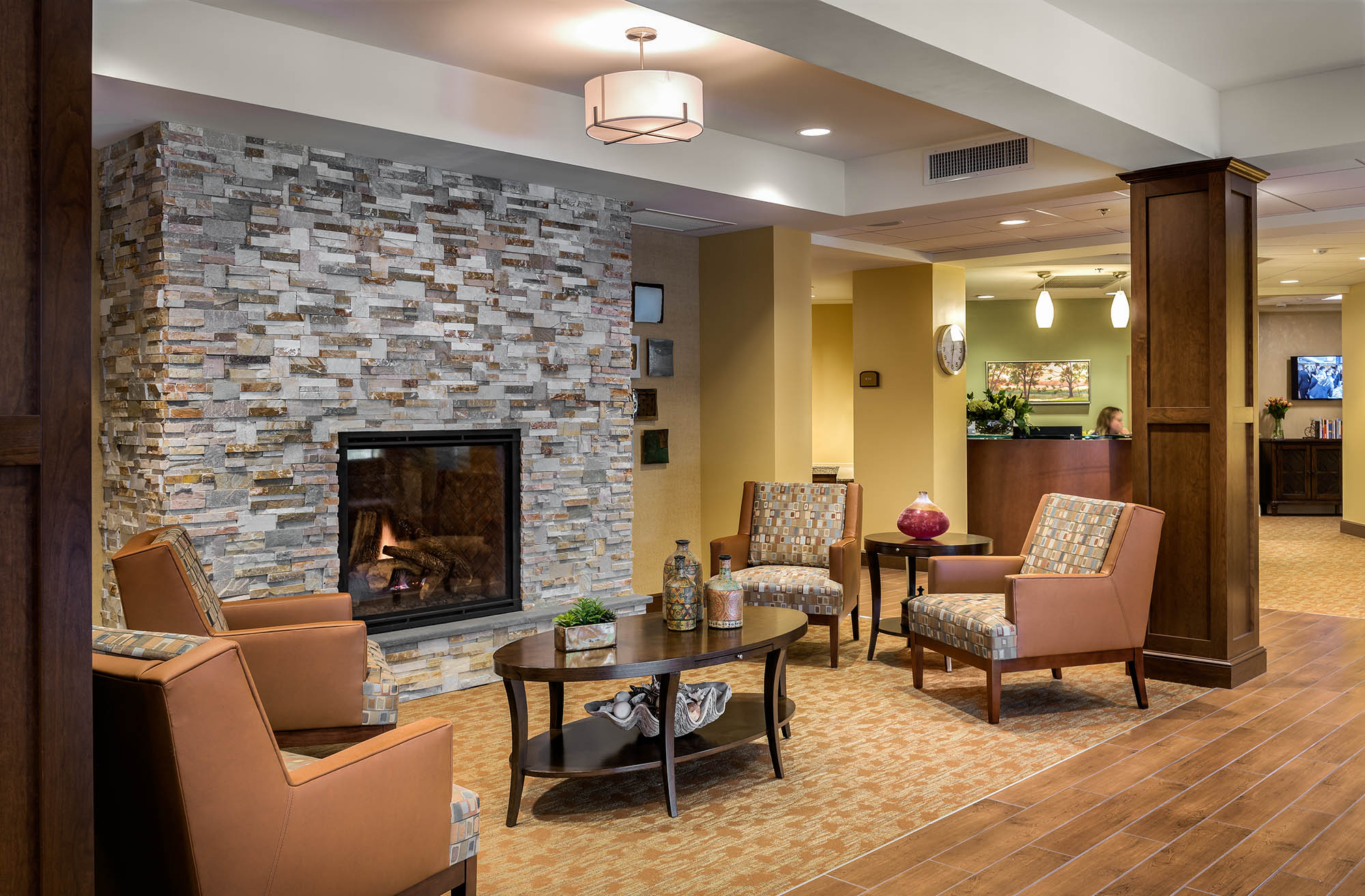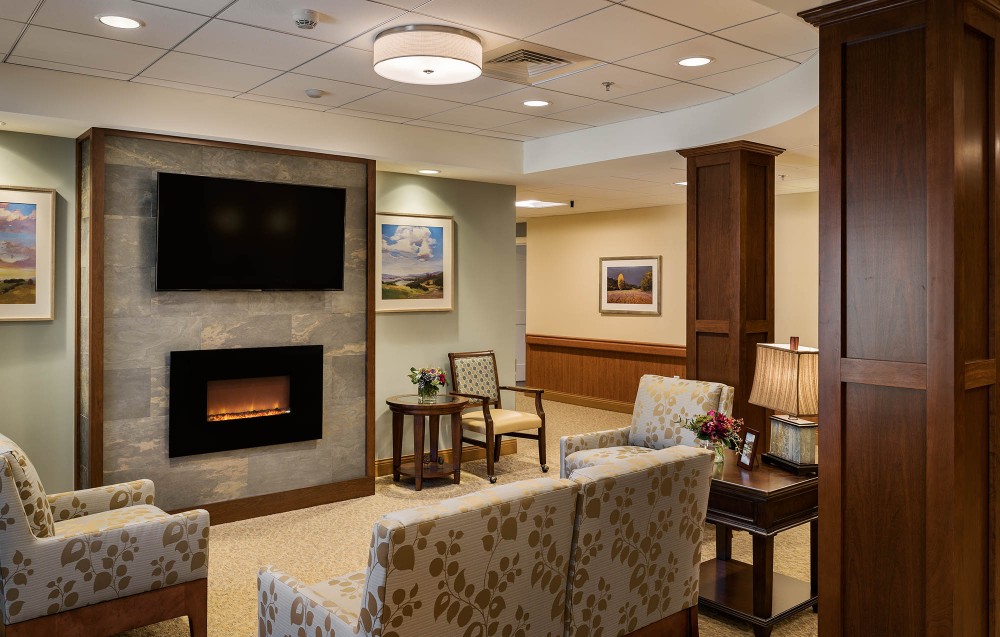- Who We Are
-
Our Work
- Educational
- Senior Living
- Hospitality
-
Healthcare
- Partners Urgent Care
- Yale New Haven Health- Medical Office Building
- The Hospital of Central Connecticut - Advanced Wound and Hyperbaric Medicine Center
- Connecticut Children's - Infusion Center and Gastrointestinal Clinic
- Connecticut Children's - Specialty Care Center
- MidState Medical Center- Post-Anesthesia Care Unit Expansion & Renovation
- Commercial
- Specialty Work
- How We Do It
- Our Blog
- Industry Tidbits
- Join Our Family
- Contact Us
The HVAC Commissioning Process: Why Should I Do It and How Do I Plan for It?
July 28th, 2021
Many Owners wonder if they really need commissioning. Shouldn’t everything be working when the project’s complete? We recently hosted a webinar, The HVAC Commissioning Process: Why Should I Do It and How Do I Plan for It?, to dig into this topic.
Complex Systems Working Together
Chris Merrick, preconstruction manager at C.E. Floyd and moderator of the webinar, points out that as schedules are getting shorter and systems are getting more complex, increasing the need for a third party commissioning agent.

Keri DiLeo of Scalora Consulting Group agreed. “There is a level of responsibility from the designers, contractors, subcontractors to get all the systems working, but the key to the commissioning agent is to get all the systems working together. It’s a very hard thing to outline in a specification. It’s very hard to explain to the HVAC contractor why he has to make sure the lighting panel works with his air handler. That’s where the commissioning agent is the glue of all the systems to make sure everything’s operating correctly and together.”
So what is commissioning?
Commissioning is the process of verifying that the owner’s goals are achieved on a project and that the systems work as intended. Enhanced Commissioning brings on the commissioning agent in the design-development phase, where they can influence design and bring their skills in early to make a bigger impact.
Mark Grieco of Macri Associates notes that no additional time is required to engage a commissioning agent and go through the process.
Design Phase Expectations
During the design phase, the commissioning agent ensures the owner’s project requirements are clear and that design reviews are progressing the way the owner wants them to. Another important role during the design phase is developing the commissioning specification.
Frank Baldino, PE, CCP, a commissioning agent at Colliers International, emphasizes, “Commissioning is a process. It needs to be clearly defined so the subcontractors bidding the project know what they’re expected to be doing before, during and even after construction.”
Finally, the commissioning agent plays a role in right-sizing the complexity of the building for the facility’s team. As buildings become more high tech and automated, it’s easy for the buildings to get too complex. In many cases, it’s worth dialing back the controls to put in systems the team is confident can be optimized and controlled over time. Many times owners have realized too late that they’ve put in systems that are too complex for them to run and understand.
Construction Phase Expectations
 During construction the commissioning agent completes a series of prefunctional check lists – essentially a punchlist process carried out during the installation of the systems. These check lists verify equipment and materials are installed as per the plans and specifications and also following the manufacturer’s recommendations. Other issues such as clearances for service requirements are verified.
During construction the commissioning agent completes a series of prefunctional check lists – essentially a punchlist process carried out during the installation of the systems. These check lists verify equipment and materials are installed as per the plans and specifications and also following the manufacturer’s recommendations. Other issues such as clearances for service requirements are verified.
Systems that should be tested include HVAC and controls, testing and balancing, lighting controls, fire alarm system, shade controls if applicable, building envelope, and anything else that consumes energy.
Post Occupancy Expectations
Commissioning also includes post occupancy review with warranty issues or seasonal testing. This covers the operation of systems within the full year, not just at building turnover. The commissioning agent and subcontractor will test systems during start up, like the heat in the winter and air conditioning in the summer, to ensure the optimal operation of both. The subcontractor needs to schedule ahead of time returning to a completed project to complete the system startups for new seasons – something the commissioning agent would add to the specification for that trade during the design phase.
Additional benefits of commissioning include things like improved operations and maintenance. For instance, as DiLeo pointed out, the commissioning agent works with both the owner and the engineer to make sure the design includes easy access to equipment to change filters. The commissioning agent also helps to educate the facilities staff so they know what to expect after the building’s turned over and that they have the right people on staff to run the building.
Summary
 The best way to make sure the energy use of your building is efficient over the building’s lifetime is through the commissioning process. This also happens to be the best way to ensure what everyone wants:
The best way to make sure the energy use of your building is efficient over the building’s lifetime is through the commissioning process. This also happens to be the best way to ensure what everyone wants:
- A fully functional HVAC system that operates as designed and efficiently as possible
- The comfort of the building occupants
- The fewest callbacks
The payback of hiring a commissioning agent is just 1-2 years, while the value Enhanced Commissioning provides to your project is clear. Plus it relieves a lot of stress for you by ensuring everything is functioning optimally.
“I’ve never had a bad experience with a commissioning agent or with a project that had commissioning,” commented Merrick.
Contact us to learn how we can help you with your next construction project.
The webinar panelists included:
Chris Merrick, Moderator, C.E. Floyd Company
Carlos DeSousa, PE – Garcia Galuska DeSousa Consulting Engineers (Mechanical Engineer)
Frank Baldino, PE, CCP – Colliers International (Commissioning Agent)
Keri DiLeo, Scalora Consulting Group (Owner’s Project Manager)
Mark Grieco, Macri Associates (Mechanical Subcontractor)










